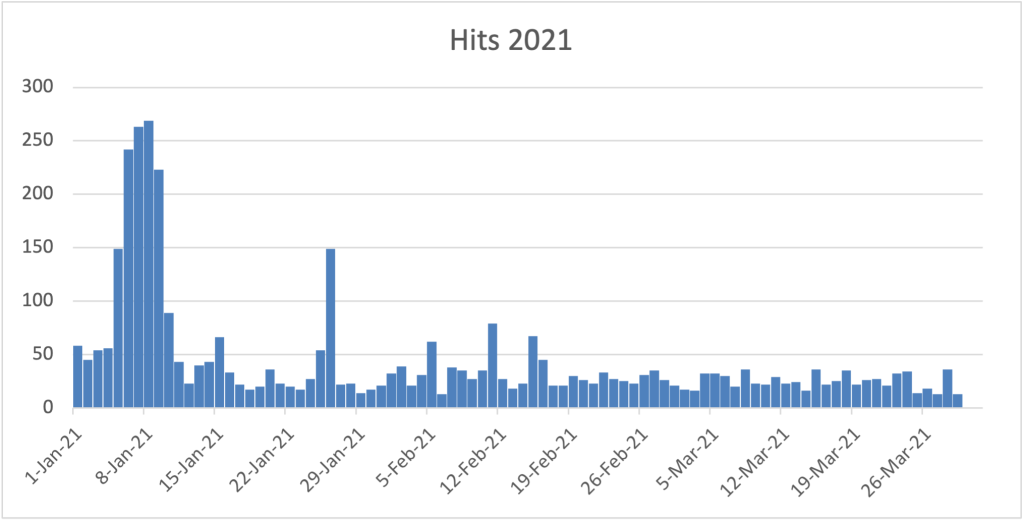Divine Might by Natalie Haynes
I am not especially keen on arguments about the supposed essential value of “the humanities”, especially old literature and art. That doesn’t mean that I am not willing to be educated about “the humanities”, to learn about ancient cultures, and to learn about the careful scholarship that must go into understanding ancient texts, objects, and archaeology.
Case in point, Natalie Haynes. Not a “classicist who is a stand up comedian”, probably the only “classicist who is a stand up comedian”. Possibly the only one ever.
Haynes writes and speaks intelligently on a variety of cultural topics, including contemporary takes on ancient literature.
This is not my area, but I like here stuff. As Natalie Haynes says, “We are all nerds, in the end”. ([1], p. 21)
Divine Might is more of the same; In this case, discussions on the personalities of key Greek and Roman goddesses. Hera, Aphrodite, Athene, Artemis, Demeter, and Hestia. Plus the Muses and the Furies.
For a twenty first century feminist, these stories are interesting for the portrayal of powerful—extremely powerful—women (female-identifying super-beings?); who were created in the context of overtly male dominated society, not to mention, brought down to us via a pretty much male only literary tradition.
These stories are certainly not representations of everyday life for ordinary women. I mean, goddesses are literally superhuman, and these entities are described as living in a very weirdly dysfunctional family.
There are lots of academic questions to ask about these stories. Whose fantasies are these, what did they mean at the time, and what did they mean as the centuries passed? And, what should we think of them now?
A lot of the psychology and sociology of these women is hard for us to understand. Three and more thousand years is a long time, and we don’t see the world the same way as the original story tellers. It doesn’t help that we only have fragmentary and contradictory evidence for what the stories actually said, let alone what they meant to people telling and hearing them.
Which means that Haynes must play learned mandarin for us; organizing and interpreting the evidence, giving us her own twenty first century version of these stories. Which she is pretty good at by now.
The bottom line is that Haynes finds a lot to appreciate in these women, flawed and contradictory as they may be.
Anyone who has read or listened to Haynes will not be surprised by the content of the stories. These are gods and goddesses who seem to be all-powerful toddlers.
Abusive and dysfunctional families. Incomprehensible (to us) impulses, motives, and violence. It’s all so unpleasant and mostly just too strange to identify with.
But, as usual, Haynes does a good job of synthesizing a coherent and interesting version of these women. She makes this stuff a lot more interesting than I would have expected. This is what “the humanities” are supposed to do, I guess.
Still, though, these stories get awfully repetitive. It’s not interesting after a while.
It’s not just that these are old stories. (Though, I note that Haynes insists on reading the original, not later bowdlerized versions, so there are some relatively unfamiliar wrinkles.) The problem is that the stories are (a) unpleasant, (b) nearly incomprehensible to me, and (c) of little relevance to contemporary life.
I grant that Haynes works hard to connect these stories to contemporary culture. Most of the connections are related to the psychological effects of horrible trauma and violence. The other connection is men behaving badly.
Worse in my view, is that these stories are mainly revolved through spates of even more horrific violence, much of which we would view today as flat out insanity. These stories are not exactly helpful guides to better living.
Which leaves me unsatisfied. Sure, I learned more about some old stories and how they have come down to us over a pretty long time span. And Haynes makes some suggestions about how these people long ago and far away thought and behaved. They were both just like us and totally alien to us.
In short, there’s lots of juicy nerd stuff here. And I’m down for it. (We are all nerds here!)
But how much should we really care about these stories? Are they really as profound and important as humanists seem to think? Or are they just stories from another time and place that have randomly survived a long time?
And, for me, these stories are not especially useful to contemporary life. Not to mention unpleasant.
- Natalie Haynes, Divine Might: Goddesses in Greek Myth, New York, Harper Perennial, 2023.
Sunday Book Reviews

